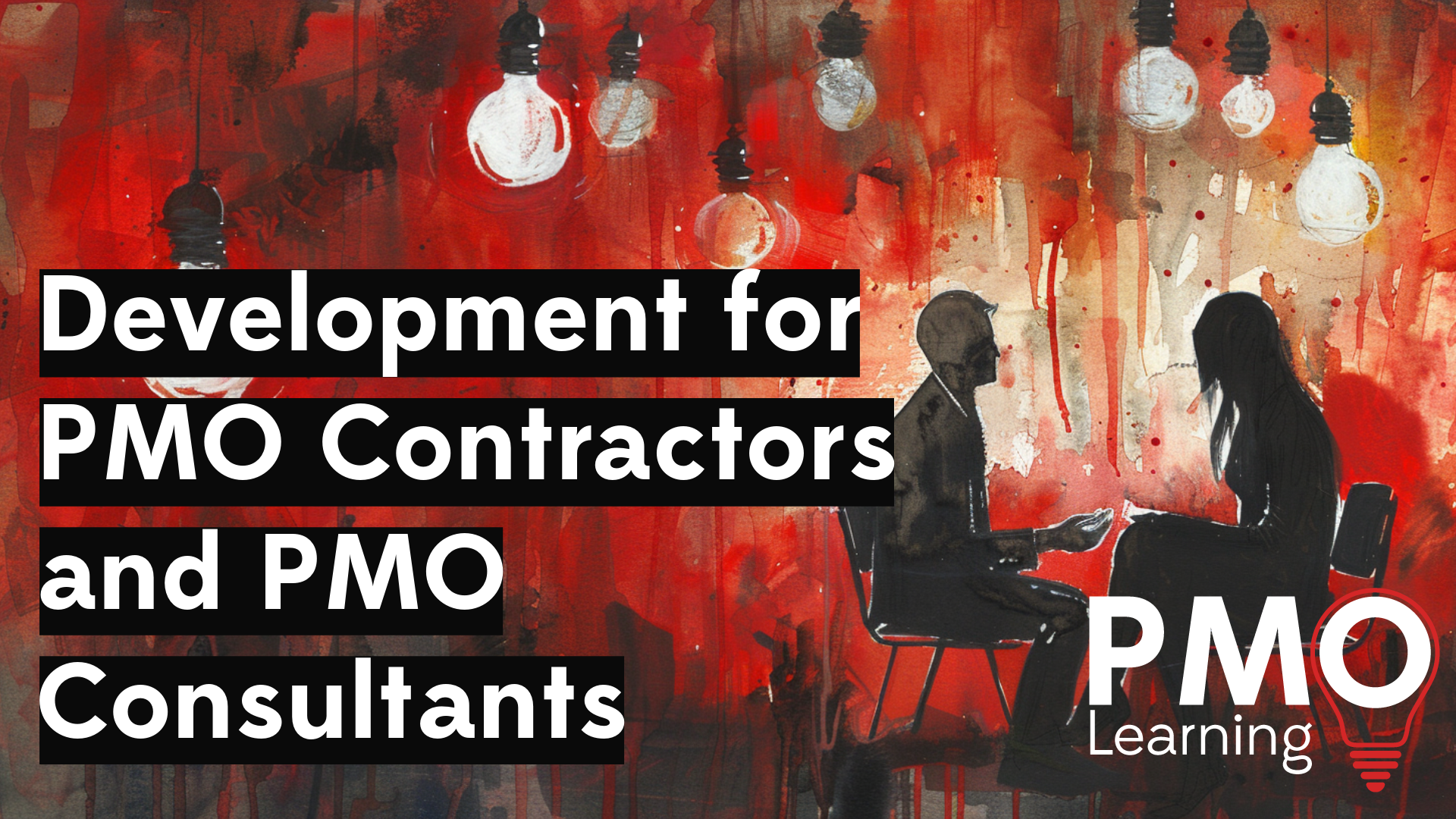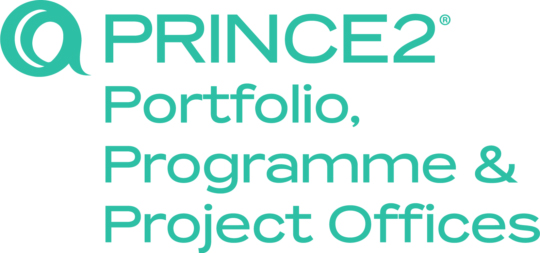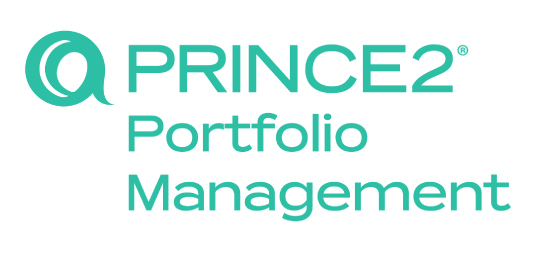For independent PMO contractors and consultants, finding the time and money for training poses significant challenges. Juggling client demands, scouting for future work, and small business administrative duties often leaves little room for professional development. Unlike full-time employees who might receive sponsored training or have designated professional development time, contractors must typically fund their own learning and carve out personal time from their busy schedules. This self-funded investment in skills can strain limited budgets, as every hour spent on training is an hour not billed to a client. Balancing immediate work obligations with long-term career growth often forces contractors to prioritise short-term gains over potentially valuable, yet costly, training opportunities.
Sound familiar?
At PMO Learning we often see independent contractors and consultants attend our training courses, or opt for one-to-one coaching, to ensure their knowledge and skills remain up-to-date and of course remain in-demand by organisations looking for expertise in PMO.
To overcome the two main challenges of time and cost for training, independent PMO contractors and consultants can adopt several strategies:
1. Plan and Prioritise:
Let’s start with the basics. We know there are many benefits to ensuring your professional development is taken care of and to achieve great outcomes it is going to take some time to work out what professional development is right for you and how you’re going to fund it and fit it in around your engagements.
- Develop a Learning Plan: Create a structured plan that aligns with your career goals and identifies critical skills needed for your niche.
Niche is a keyword here. Every PMO contractor or consultant has an offering – something unique about them that makes them stand out and is, hopefully, highly marketable. It could be that you’re ace at setting up PMOs that support Agile-led projects, or perhaps you’re brought in to breathe life into fading PMOs – whatever it is, that’s your niche and it must be nutured and protected.
- Schedule Training During Downtime: Use periods between contracts or lower workload times for intensive learning sessions.
Don’t wait until its your downtime before choosing what you’re going to do, chances are what you want to do may not be available when you are! Plan ahead and try to align your contracted start and end times with the learning you want to do.
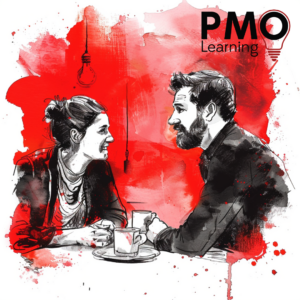 2. Flexible and Cost-Effective Learning:
2. Flexible and Cost-Effective Learning:
- Leverage Online Learning: Utilise free or affordable online courses and webinars that offer flexibility and can be taken at your own pace.
There has been an explosion of online learning options being made available, which is great in many ways but how to pick the right one, sometimes too many options are hard work! In terms of PMO Learning, we do have a number of eLearning options available which you can do at your own pace. P3O is an obvious choice and we also carry some project management options too.
Linkedin Learning has become popular, as have sites like Udemy and Coursera. Some carry a certification of completion which may be useful for your portfolio. We like these resources because you can learn about a new subject very quickly which can then signpost you to more formal training if required.
- Utilise Free Resources: Take advantage of free resources such as podcasts, industry blogs, and open-source tools.
If there is one thing a PMO contractor or consultant needs to be doing it’s keeping their ‘PMO toolkit’ well stocked. These are all the handy little tools, templates, go-to sources that are needed when the client throws something new at you. Take time to get your podcast playlist carefully curated and your browsers bookmarks up to date.
3. Network and Collaborate:
- Join Professional Networks: Engage with professional organisations and forums to gain insights, advice, and sometimes access to discounted training.
It should be a staple activity anyway – building and maintaining a professional network – but have you thought about how this network can afford development opportunities too? A great example is here at PMO Learning – each time we release a new course, we always pilot it with a few PMO ‘friends’ we’ve met along the way.
- Form Study Groups: Partner with other PMO professionals to share resources and learn together, reducing costs and increasing accountability.
A great idea when it comes to connecting with other PMO contractors and consultants. If you have your strong niche, why not find others that have a different, but equally strong, niche? There’s a lot to be learnt from each other – plus making it a social catch-up every now and then certainly helps let off steam about your current engagements.
4. Incremental Learning:
- Focus on Microlearning: Break down training into smaller, manageable chunks that can fit into your daily routine without overwhelming your schedule.
Microlearning has certainly become a ‘thing’ with many people because micro doesn’t just mean small chunks, it indicates that it won’t take up too much of your time. YouTube is a perfect example – a 10-minute video on a “how to” or jumping into a TedTalk.
- Apply as You Learn: Implement new skills immediately on projects to reinforce learning and demonstrate value.
What better way to demonstrate your value to any of your clients – bringing in new approaches when the usual ways aren’t working, a tweak to a template or process, or following up the next day when someone literally just asked “how do I do this. . . ?”
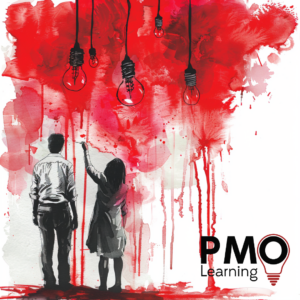 5. Budget for Training:
5. Budget for Training:
- Allocate a Training Budget: Set aside a portion of your earnings regularly for ongoing education and professional development.
You should always be mindful that the day rate or fixed price you’re offering includes a portion for training and development. If it doesn’t, it might be time to think more strategically and longer term about the work you’re doing as a contractor or consultant and how sustainable it is.
- Explore Tax Deductions: Investigate tax deductions for training expenses to alleviate some of the financial burden.
For UK readers there is already the VAT which can be reclaimed when operating as a limited company – but what else is available? Well it is a business expense so that can be deducted from the profits. Tax relief is available on professional subscriptions and memberships if the organisation is approved by HMRC and the subscription is necessary for your work. That means you can become a member and utilise the education and development available from professional associations at a reduced cost.
6. Use Technology Tools:
- Stay Updated with Tech: Use technology to keep abreast of the latest industry trends and tools, ensuring continuous professional growth.
We’ve already mentioned some of the websites and apps that you can access – others include edX, WhizLabs and Simplilearn
You might also be interested in more theoretical or research-based learning – head to Google Scholar or Harvard Business Review.
With a subscription, you can even learn very quickly from the most popular business-based books—we love GetAbstract.
Finally we have to think about the tools that are being utilised within the workplace which are always being updated – Microsoft 365, Trello, Slack and Jira are just some of the popular ones where you’ll need to be on top of the updates.
To Conclude:
Finding the balance between immediate work demands and long-term professional development can be tough for independent PMO contractors and consultants. With limited time and budget, investing in training often seems daunting – how do you know if you’re making the right choices? However, by planning strategically, leveraging flexible learning resources, and utilising cost-effective tools, you can overcome these hurdles and continue to grow your skills and marketability.
If you’d like to talk to PMO Learning about your options, why not take a look at the one-to-one option available to help you plan?
Ready to elevate your PMO expertise? Start by developing a tailored learning plan that aligns with your career goals. Explore online courses and flexible training options that fit your schedule, and don’t forget to tap into free resources and professional networks for additional support. Allocate a portion of your earnings for ongoing education, and take advantage of tax deductions to offset training costs. Staying current with industry trends and technological tools will not only enhance your skill set but also keep you in demand with clients.
Take the first step today! Visit PMO Learning to discover our range of courses and coaching options designed for busy PMO professionals. Invest in yourself now to ensure a successful, future-proof career.
Enjoying Our Blog?
Sign up and receive all our articles (we’ll send you an update once a week!) plus special offers and events:
